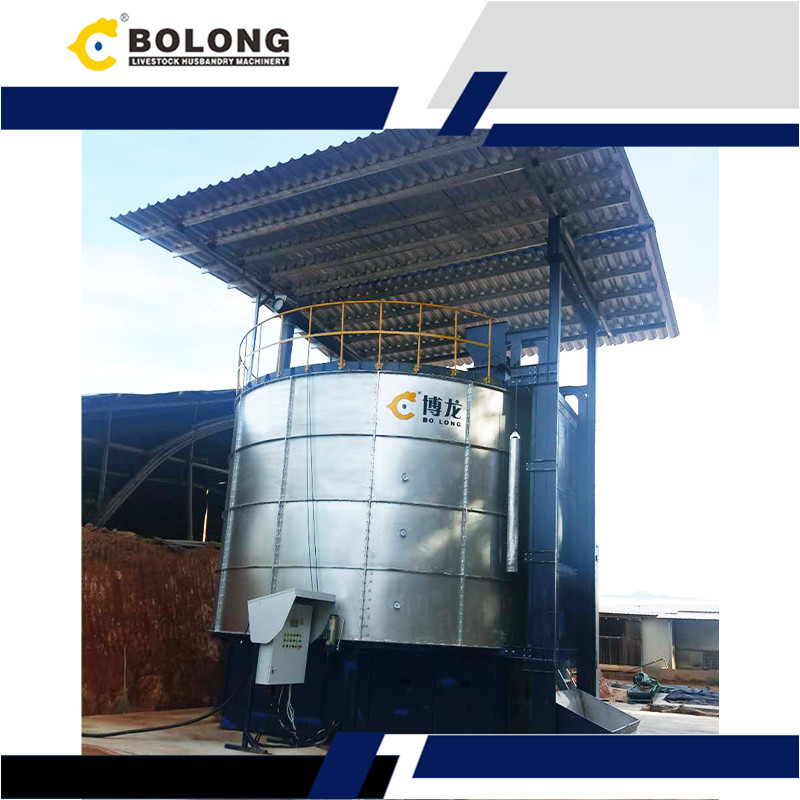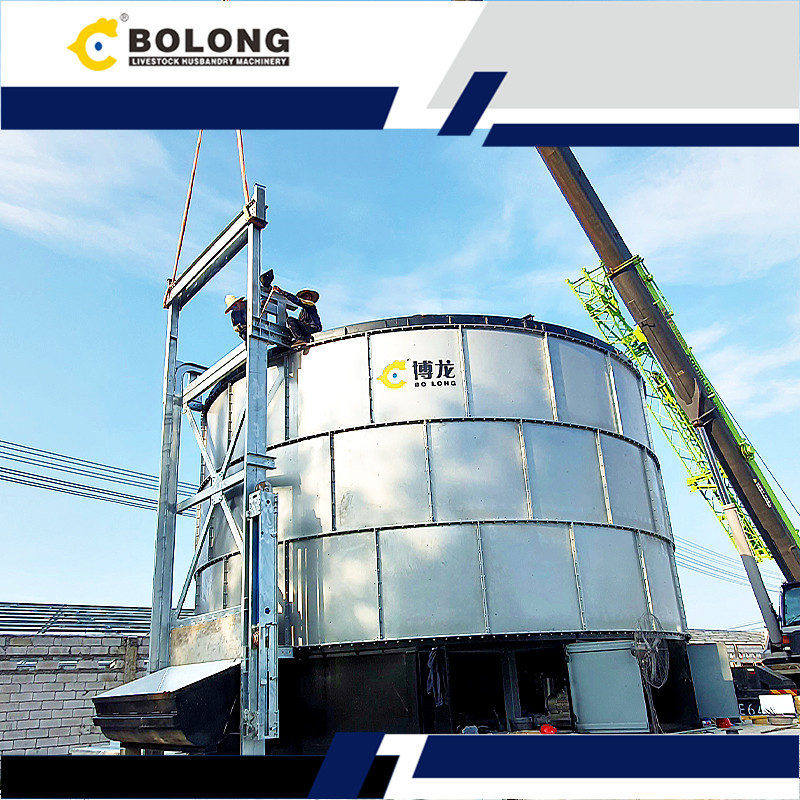Discover the numerous environmental benefits of composting. Learn how composting positively impacts the planet, reduces waste, enriches soil, and contributes to a sustainable future. Explore the importance of composting for a greener, cleaner Earth.
In today’s fast-paced world, environmental concerns have become more critical than ever before. One of the simplest and most effective practices to combat environmental challenges is composting. This article delves into the many reasons why composting is a boon for the environment, exploring its far-reaching impacts and benefits.
Composting, an age-old practice, is an eco-friendly way to manage organic waste, contributing significantly to the well-being of the environment. Let’s delve into the reasons why composting is considered so beneficial:
Composting diverts organic waste from ending up in landfills, where it would otherwise decompose anaerobically, releasing harmful methane gas. Methane is a potent greenhouse gas, contributing to climate change and global warming. By composting organic materials like kitchen scraps and yard waste, we can dramatically reduce the volume of waste sent to landfills, mitigating their negative environmental impacts.
As mentioned earlier, composting plays a vital role in curbing greenhouse gas emissions. Unlike conventional disposal methods, composting fosters aerobic decomposition, which produces less methane and emits fewer harmful gases. By embracing composting practices, we can take meaningful steps towards combating climate change and its adverse effects.
Compost is nature’s wonder for soil health. When added to the soil, compost enhances its structure, aeration, and water-holding capacity. The nutrient-rich content of compost enriches the soil, promoting healthier plant growth and increased crop yields. The practice of using compost as a natural fertilizer reduces the dependency on chemical-based fertilizers, safeguarding the environment from the harmful effects of synthetic chemicals.
Composting encourages biodiversity by creating a thriving habitat for beneficial soil organisms like earthworms, insects, and microorganisms. These creatures are essential for soil fertility and contribute to a balanced ecosystem. As composting fosters biodiversity, it helps maintain ecological harmony, ensuring the health and resilience of the environment.
Healthy soil enriched with compost retains moisture more effectively, reducing water runoff and erosion. Composting aids in water conservation by preventing excess water usage for irrigation purposes. By utilizing compost to improve soil structure and water-holding capacity, we can contribute to sustainable water management and safeguard precious water resources.
Soil erosion is a significant environmental concern, leading to loss of fertile topsoil and disrupting natural habitats. Composting helps prevent soil erosion by stabilizing soil particles and promoting vegetation growth. The organic matter in compost binds soil particles together, acting as a natural shield against erosion caused by wind and water.
Composting is an essential aspect of sustainable agriculture. By incorporating compost into agricultural practices, farmers can reduce their reliance on chemical fertilizers and pesticides, creating a safer, healthier food production system. Sustainable agriculture not only benefits the environment but also supports the long-term health of consumers.
Composting completes the nutrient loop, turning organic waste into valuable resources. Instead of discarding organic matter, composting returns it to the earth as a nutrient-rich soil conditioner. This closed-loop system promotes a circular economy and minimizes resource wastage, aligning with the principles of sustainability.
Embracing composting at both individual and community levels fosters a culture of waste reduction. When people witness the transformation of organic waste into valuable compost, they become more conscious of their consumption habits. Composting encourages responsible waste management, reducing the overall waste burden on the environment.
By reducing the environmental impact of waste disposal and chemical usage, composting helps lower our ecological footprint. Adopting composting practices allows individuals and businesses to contribute positively to the environment, taking meaningful strides towards a greener future.
A variety of materials can be composted, including kitchen scraps (vegetable peels, fruit cores), yard waste (leaves, grass clippings), coffee grounds, tea bags, eggshells, and more. However, avoid composting meat, dairy, and diseased plant material, as they can attract pests and pathogens.
When composting is done correctly, it should not produce foul odors. Proper aeration and a balanced mix of green (nitrogen-rich) and brown (carbon-rich) materials help prevent unpleasant smells. Regularly turning the compost pile also aids in managing odors.
The time required to make compost varies depending on factors such as the composting method, materials used, and environmental conditions. Generally, compost can be ready in a few months to a year.
Yes, apartment dwellers can compost too! Vermicomposting, using composting worms, is a great option for those with limited space. These worms can efficiently compost kitchen scraps in small, enclosed containers.
Composting can lead to significant cost savings in waste management. By reducing the amount of waste sent to landfills and lowering the need for chemical fertilizers, composting proves to be a cost-effective and sustainable waste management solution.
Yes, compost can be used in indoor gardening. However, ensure the compost is well-aged and doesn’t contain any pathogens that might harm indoor plants.
Composting is a simple yet powerful practice that empowers individuals and communities to make a positive impact on the environment. By diverting organic waste from landfills, enriching soil, conserving water, and promoting sustainable practices, composting lays the foundation for a greener, cleaner, and more resilient planet. Embrace the composting revolution and play your part in building a sustainable future for generations to come.


